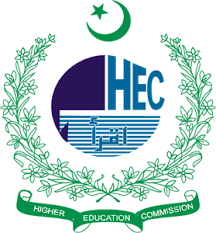Islamic Finance and Contemporary Banking: Ethical Alternatives or Parallel Systems
Keywords:
Islamic Finance, Shariah, Riba, Ethical Banking, Modern Banking, Interest-Free Economy, Murabaha, Sukuk, Takaful, Parallel Financial SystemsAbstract
Over the last two decades, Islamic finance has garnered much more global attention as being a viable ethical alternative to conventional banking systems. Founded on the Shariah principles, Islamic finance does not allow interest (riba) explicitly, promotes risk-sharing, and mandates transactions to be supported by tangible assets, thus offering a fundamentally alternative framework. This research seeks to explore whether Islamic finance is merely an alternative system to conventional banking or whether it offers a valid ethical alternative based on Islamic moral philosophy. Through an empirical exploration of Islamic financial concepts, existing practices, and contrast with interest-based banking systems, this research explores both Islamic finance's possibilities and issues in the context of modern multicultural and secular economies. Even though it promises to be a more equitable model, compliance issues with conventional banking practices disqualify it from being authentic as well as sustainable in the long run. The paper finally suggests measures to enhance the ethical basis of Islamic finance and preserve its distinctive identity.









